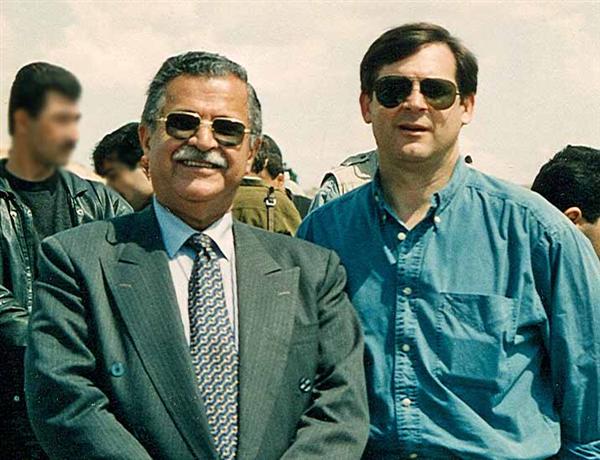The long-awaited and much-anticipated Pakistani military offensive against Taliban elements in South Waziristan (blue circle on map below) kicked off on Saturday. The Pakistani leadership has finally realized that there is no negotiating with the Taliban - they have to be hunted down and killed.
Over the last few weeks, there has been a spate of violence in Pakistan as Taliban militants attempted to convince the public to force the Pakistani leadership to call off their publicized major offensive into the tribal area of South Waziristan. Actually, the plan backfired - all the militants succeeded in doing was galvanizing public opinion and the conviction of the military leadership that such an offensive was essential.
There has been a slow awakening in Pakistan since the Taliban moved closer to the non-tribal areas, such as the attacks in the Swat Valley late in 2008 and earlier this year. In that operation, the Pakistanis entered into a ceasefire with the Taliban after allowing the Taliban to impose Sharia' law in the region. The Taliban did not abide by the agreement and the Pakistanis had to launch an offensive to oust the Taliban from the area.
Swat Valley was a wake up call for the Pakistanis that the Taliban are not content to remain in the autonomous Federally Administered Tribal Areas - Swat is in the North West Frontier Province, which falls fully under Pakistani sovereignty. It also demonstrated to the Pakistanis that the Taliban cannot be trusted. Agreements, ceasefires, truces - these are only tactics to be used to regroup and re-arm.
The Pakistanis have committed two army divisions to this fight, with air support. It began with a three-pronged assault deep into South Waziristan, the redoubt of numerous Taliban and al-Qa'idah fighters, including chief of the Pakistani Taliban Hakimullah Mehsud and possibly al-Qa'idah leader Usamah bin Ladin himself. The terrain is forbidding, and the Taliban and its Arab and Uzbek allies are tough and committed fighters.
This will be a costly fight for the Pakistan Army in terms of casualties, but a necessary fight if the central government is going to defeat this threat to its very existence. The Taliban militants don't want just to be left alone - they want to impose their own fundamentalist Islamic belief system to what already is an Islamic Republic.
Hopefully, the Pakistanis will execute this offensive to a successful completion rather than fighting for a short period of time, then entering into a ceasefire agreement that never holds. They did this in 2004, 2005 and 2008 - it just does not work. Maybe this time will be different. Maybe this time the Pakistani intelligence service - riddled with Taliban and al-Qa'idah sympathizers and supporters - will not be able to convince the leadership to negotiate.
As I have said before, you cannot negotiate with these people. You have to hunt them down and kill them.


 In a rather surprising turn of events - given the fact that President Obama was just awarded the Nobel Peace Prize - special Middle East envoy George Mitchell left the region without a commitment for the Israelis and Palestinians to resume talks.
In a rather surprising turn of events - given the fact that President Obama was just awarded the Nobel Peace Prize - special Middle East envoy George Mitchell left the region without a commitment for the Israelis and Palestinians to resume talks.

 That realization prompted some interesting comments from former National Security adviser Zbigniew Brzezinski. Brzezinski served under Jimmy Carter and was instrumental in several policy debacles - Iran's 1979 takeover of the U.S.Embassy in Tehran, the botched rescue attempt at Desert One and the virtual dismantling of the Central Intelligence Agency's Clandestine Service. We have yet to recover from the damage done to our human intelligence capability.
That realization prompted some interesting comments from former National Security adviser Zbigniew Brzezinski. Brzezinski served under Jimmy Carter and was instrumental in several policy debacles - Iran's 1979 takeover of the U.S.Embassy in Tehran, the botched rescue attempt at Desert One and the virtual dismantling of the Central Intelligence Agency's Clandestine Service. We have yet to recover from the damage done to our human intelligence capability.






.jpg)
